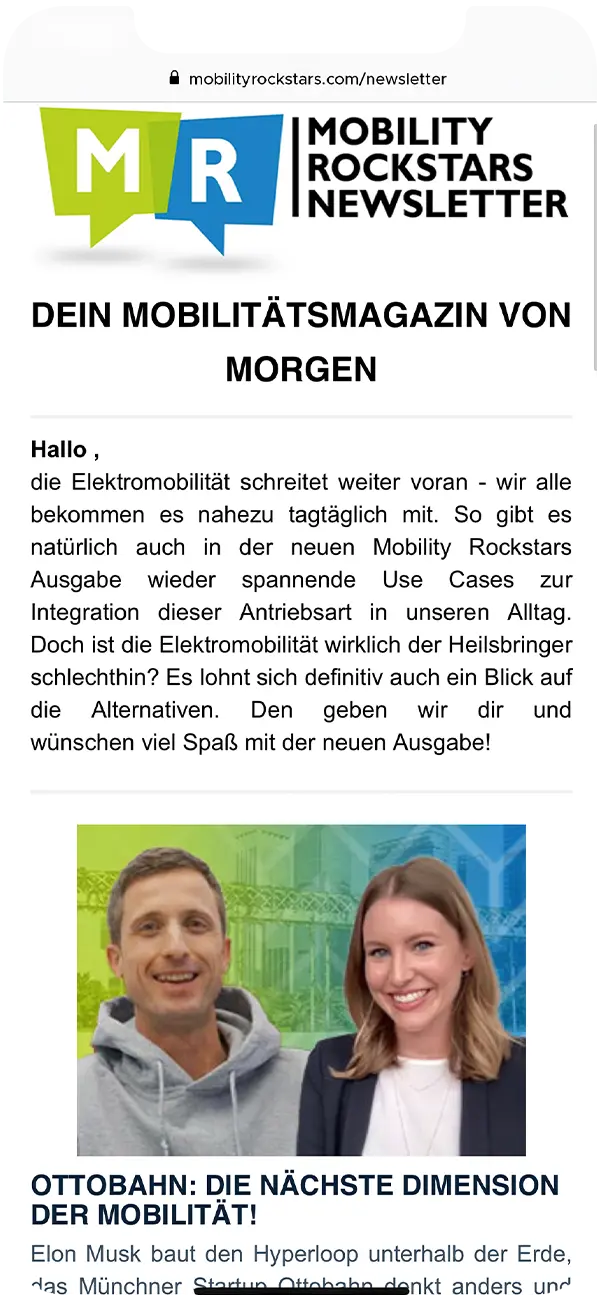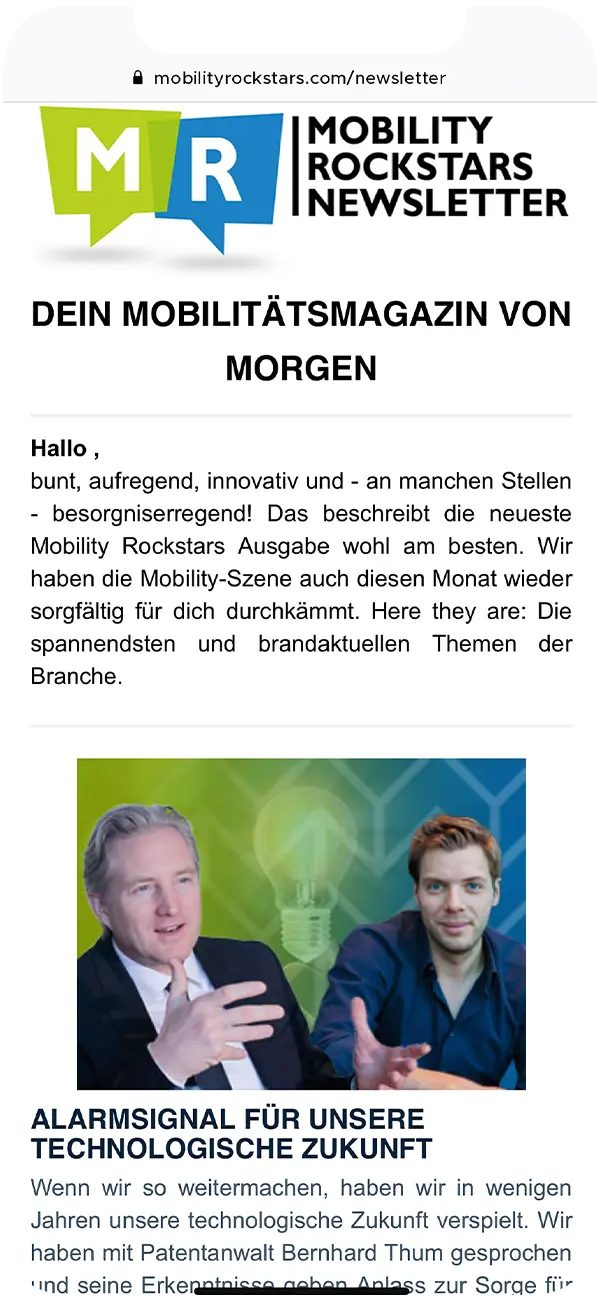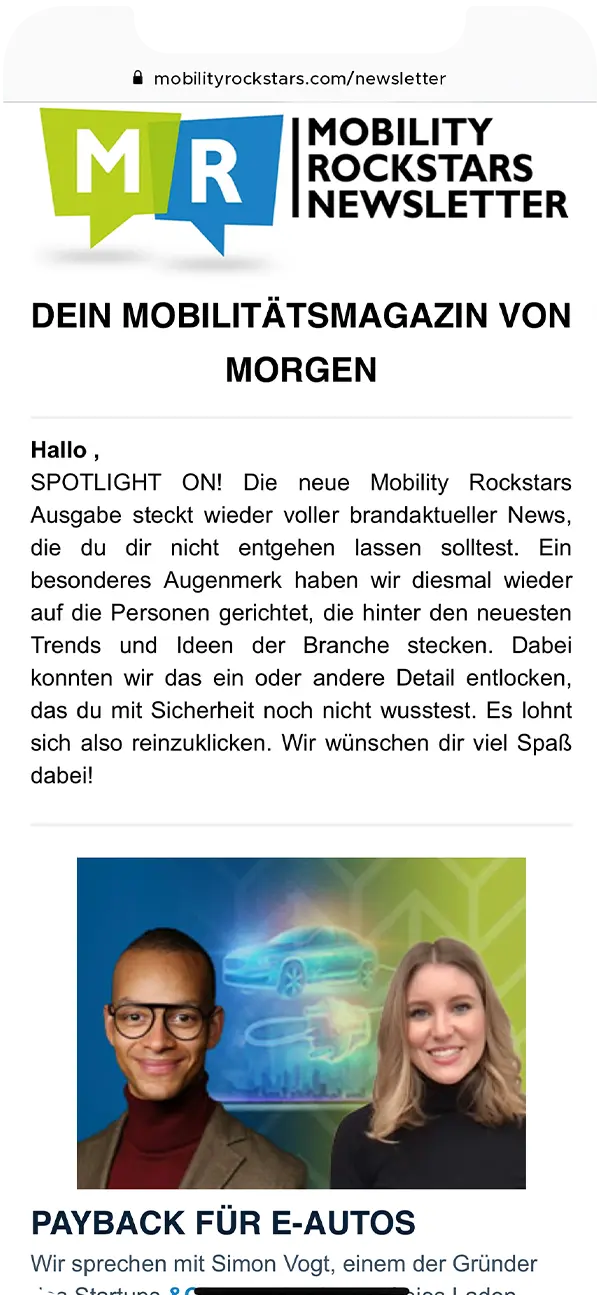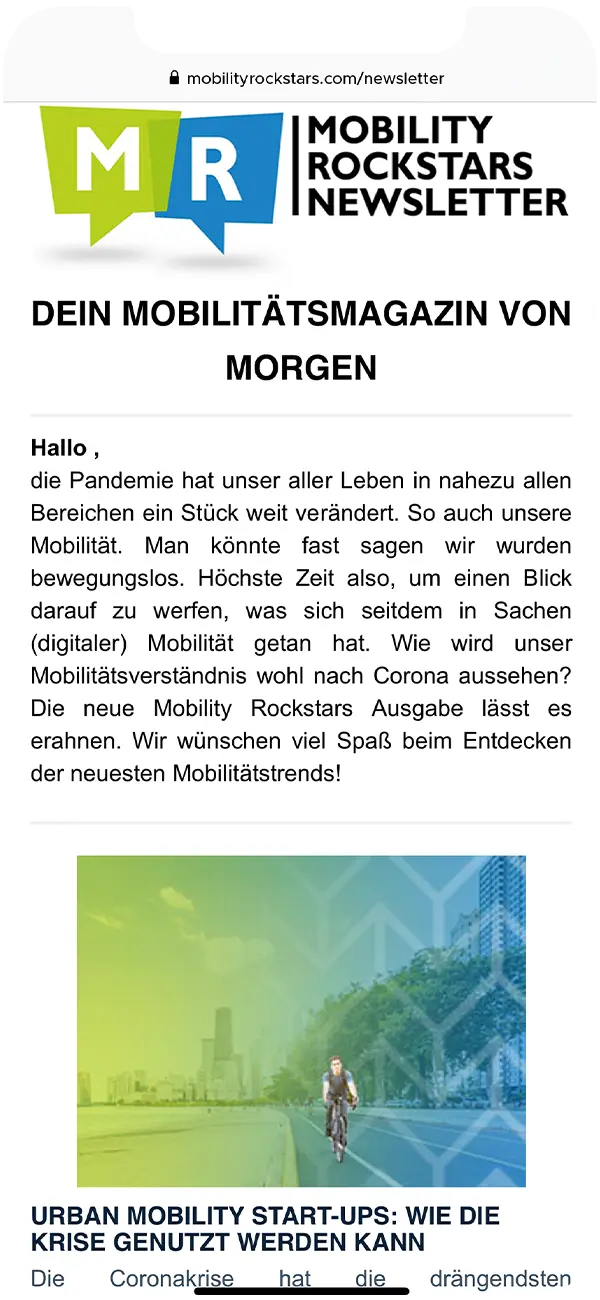DevOps meets practice – successfully handling major projects in the automotive industry
DevOps is more than just a buzzword - it's a holistic approach, a philosophy that combines various frameworks (such as SCRUM) to bring all stakeholders of a large-scale software project to the table and enable optimal collaboration. Processes are optimized and automated in order to bring software development in particular to a quick and competent conclusion.
We talked to Josip from Cognizant Mobility, who is currently working on a large project for a well-known car manufacturer, and got some insights.

Marc
Marketing Professional
5.10.22
Ca. 6 min
DevOps in the automotive industry: what are the projects?
In the case of Josip, who works as a project manager – for reasons of discretion we ask for your understanding that we are allowed to hint at the project but not to name it in detail – it is a project on which specialists work on site – but are also brought on board via nearshoring. The team is currently in a transition phase in which the entire project is being transferred from the previous provider to a state-of-the-art DevOps project.
But what is DevOps actually?
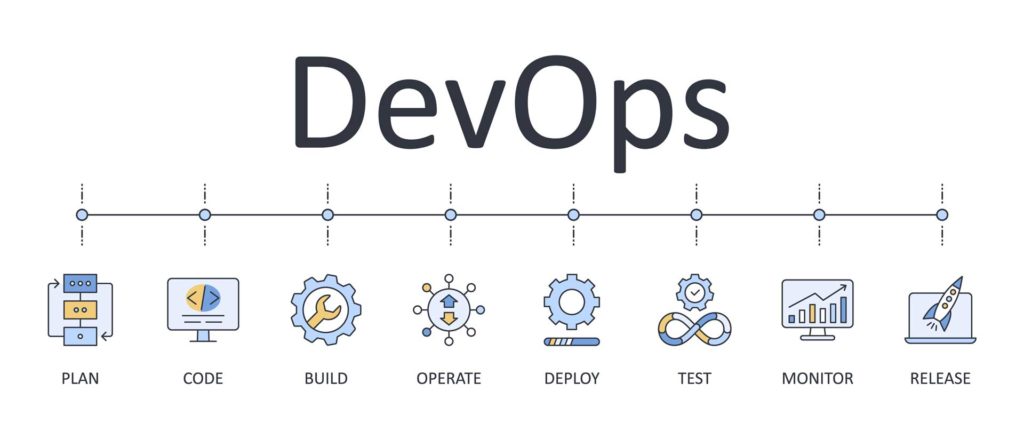
As indicated at the outset, the DevOps approach is not just about looking at software development, but the entire process from development to completion. A team of testers, developers, engineers and other professionals takes care of the development, management and evolution of the project – but also keeps an eye on future support requests, for example. For further steps, developers, testers and a product owner work together in the team, who ultimately takes over the user stories.
The actual management approach is done in the Scrum framework with three-week sprints so that developers are given clear tasks to complete. As is often the case, Scrum is the main approach, but it goes hand in hand with Kanban – usually managed via Jira to organize and visualize the backlog, progress, testing, completed work, and so on. In the meetings that are part of the Scrum framework (Sprint Plannings, for example), the relevant tasks are discussed, developers are assigned, obstacles are discussed and removed, and timelines can be created.
What kind of DevOps project is Cognizant Mobility working on?
Our interview partner Josip is currently working for a well-known OEM on software that manages and tracks software inventories on a wide variety of control units in the vehicle. In this software, the relevant vehicle model can be selected to see which ECUs are actually installed – and there are many more than laypersons often imagine. Almost every process in the vehicle, every piece of information and every action that can be triggered is managed by an ECU. It can be simple things like the window regulator or windshield wipers, it can be navigation, or complicated Level 2 driving assistance systems like lane departure warning or cruise control with distance detection.

So which ECUs are installed at all – a question that OEMs were often unable to answer in the past, not to mention the software and its version on the ECUs. We warmly recommend our article on UNECE R155, in the course of which we reveal with some mercilessness how unprepared parts of the industry still were in 2015 when it comes to software versions. For these new UN regulations and ISO21434, this software is an elementary building block, as it can serve as an important building block for a SUMS (Software Update Management System), which is to be regarded as an approval-relevant point in UNECE R156 – and without R156 there is no R155. The software of the current DevOps project by Josip and Cognizant Mobility can be used to display ECUs, their software and their versions – so the maturity of the entire ECU chain in the vehicle can be seen at almost a glance.
It goes without saying that a project of this prestige and magnitude, in cooperation with an extremely renowned OEM in the industry, requires a great deal of experience, expertise and competence.
DevOps Automotive – What are the keys to success?
Since every project is different, it is difficult to make blanket statements. In the case of Cognizant Mobility, this project was also won because it already has proven and repeatedly demonstrated DevOps experience, a clear core competency that many of the Silicon Valley vendors from the software industry currently pushing into the automotive market lack. Combine the know-how of new and motivated professionals with decades of accumulated expertise in the German automotive market – which has always tended to be consistent and thus lead to success, see the first certified production vehicle with level 3 autonomous driving in the Mercedes S-Class – and you have a demographic that is rarely found for DevOps projects of this size.
We also asked Josip what core competencies new employees should bring with them who want to get involved in a DevOps project in general and in the ECU overview project in particular. Here, a high degree of self-motivation in addition to technical qualifications (experience with Java Spring, Oracle databases, J-Unit testing) is a great advantage in order to recognize obstacles, opportunities and progress early and to react given.
If you too have a project that you would like to solve via DevOps, are looking for an experienced contact person from the automotive industry, or simply have further questions, feel free to contact us – and we’ll have a chat.



